Amrei Bahr is Junior Professor for philosophy of technology and information at the University of Stuttgart. She works on AI ethics and is particularly interested in how AI changes studying and working in academia, what might be dubious about that, and how we can actively oppose problematic developments.
Website: http://amreibahr.net
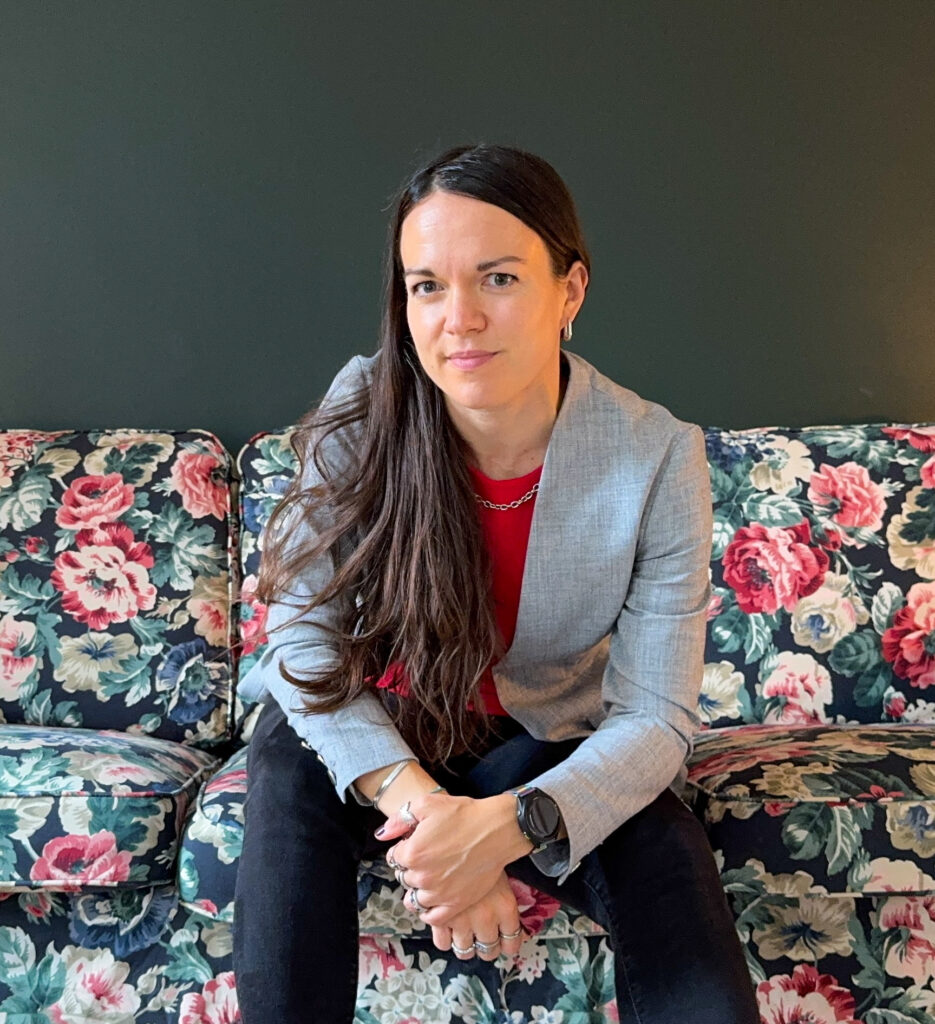
Stefanie Go is a research assistant at Bielefeld University and at the Ostwestfalen-Lippe University of Applied Sciences and Art. In her dissertation, she explores how AI-based learning technologies can be integrated into teaching and learning processes in higher education. She is particularly interested in the opportunities for participation that GenAI could open up for teachers and learners. In addition to AI workshops for teachers, she also offers AI lessons for schools.
Website: https://ekvv.uni-bielefeld.de/pers_publ/publ/PersonDetail.jsp?personId=302812236
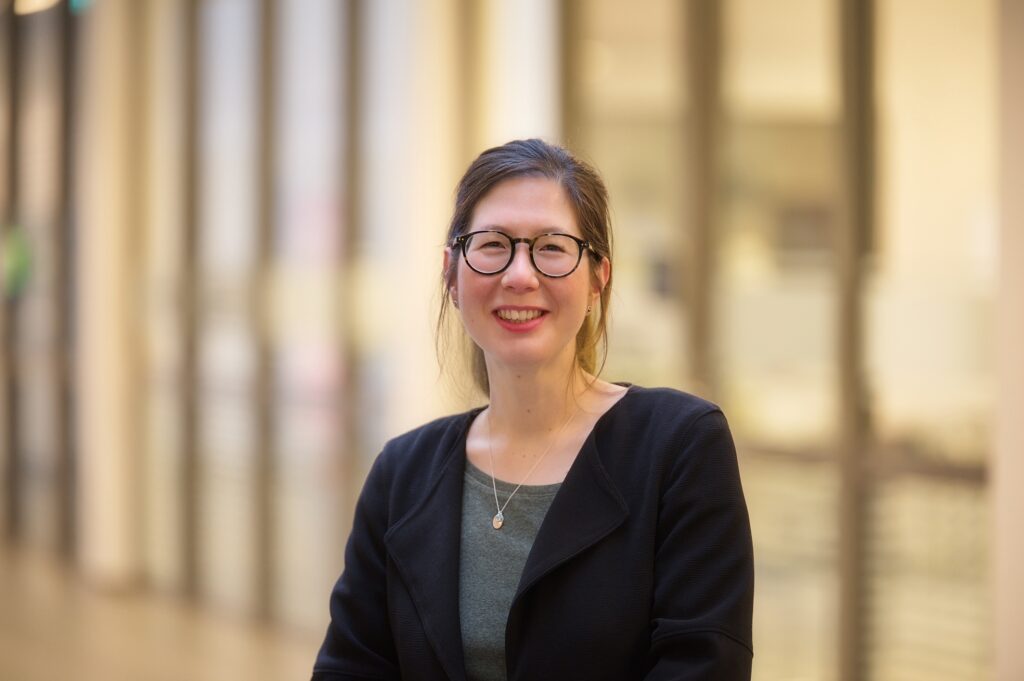
Professor Patrício Langa is the founding Executive Secretary of the African Consortium of Higher Education Researchers (ACHER) and an influential member of its Board. He is a distinguished sociologist known for his expertise in comparative higher education, science policy, and innovation studies. He serves as a Professor at Eduardo Mondlane University (UEM) in Mozambique, where he offers strategic guidance to the Rector on matters related to institutional planning. His academic career includes significant positions, such as a research fellow and DAAD visiting professor in higher education and science studies at the Forum Internationale Wissenschaft at the University of Bonn, as well as the College of Social Science and Humanities at Ruhr University Alliance in Essen, Germany. Additionally, he has worked at the Ali Mazrui Centre for Higher Education at the University of Johannesburg in South Africa. Professor Langa has built collaborative partnerships with prestigious institutions, including the KTH Royal Institute of Technology in Stockholm, Sweden; Worcester Polytechnic Institute in the USA; and the Autonomous University of Lisbon in Portugal. He has also previously engaged with Danube University Krems in Austria. As the inaugural Executive Director for External Evaluation at the National Council on Higher Education Quality Assurance and Accreditation (CNAQ) in Mozambique, he continues to contribute as a member of the board of non-executive directors. He is the founding president of the Mozambican Sociological Association (A.M.S.) and a visionary behind the establishment of ACHER. Professor Langa has an impressive academic background and continues to significantly impact the field of higher education research.
https://www.fiw.uni-bonn.de/en/research/science-studies/team/prof-dr-patricio-langa
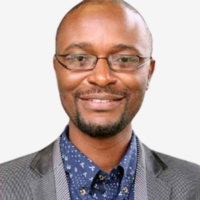
Benjamin Kiesewetter is Professor for Practical Philosophy at Bielefeld University with a focus on normativity, rationality and reasons. He is interested in the concept of digital autonomy and ethical implications of AI.
Website: https://www.benjaminkiesewetter.net/
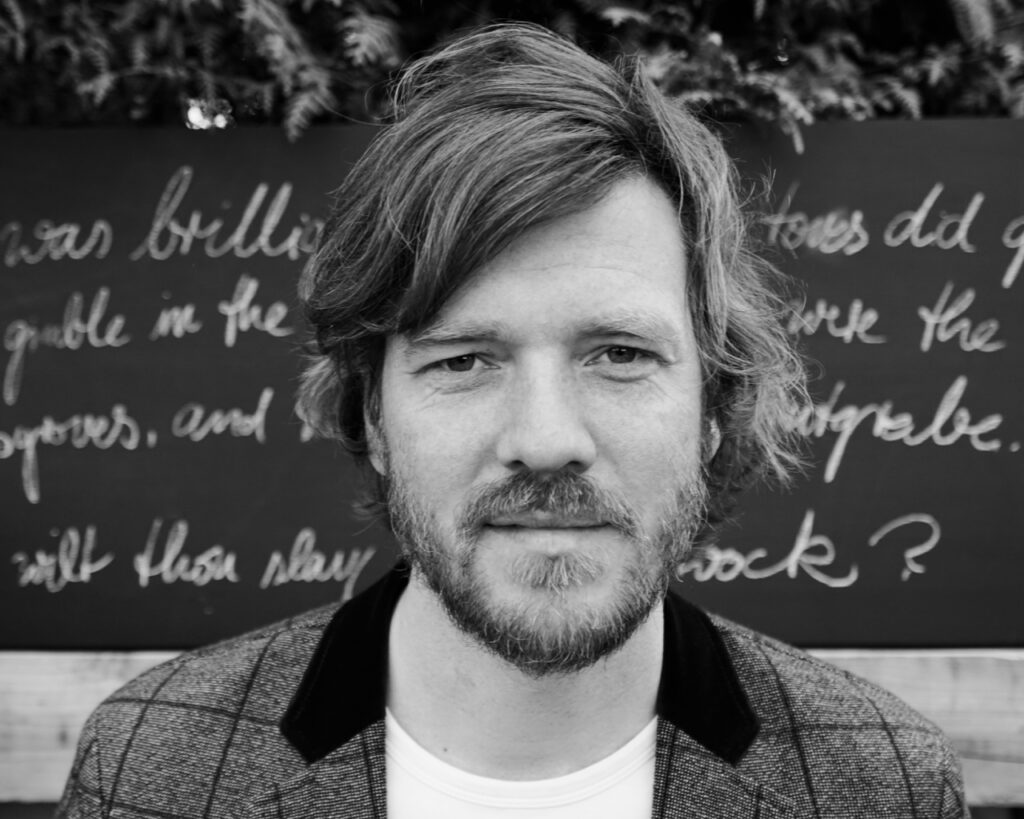
Dr. habil. Anne K. Krüger leads the Research Group “Reorganization of Knowledge Practices” at Weizenbaum-Institut Berlin. As a trained sociologist, her research is situated at the intersection of Critical Data Studies, Organizational Sociology, the Sociology of Valuation and Evaluation, and Science and Technology Studies (STS). She is currently working on digital infrastructures in research evaluation and the integration of generative AI into scientific practice.
https://www.weizenbaum-institut.de/en/portrait/p/anne-k-krueger/
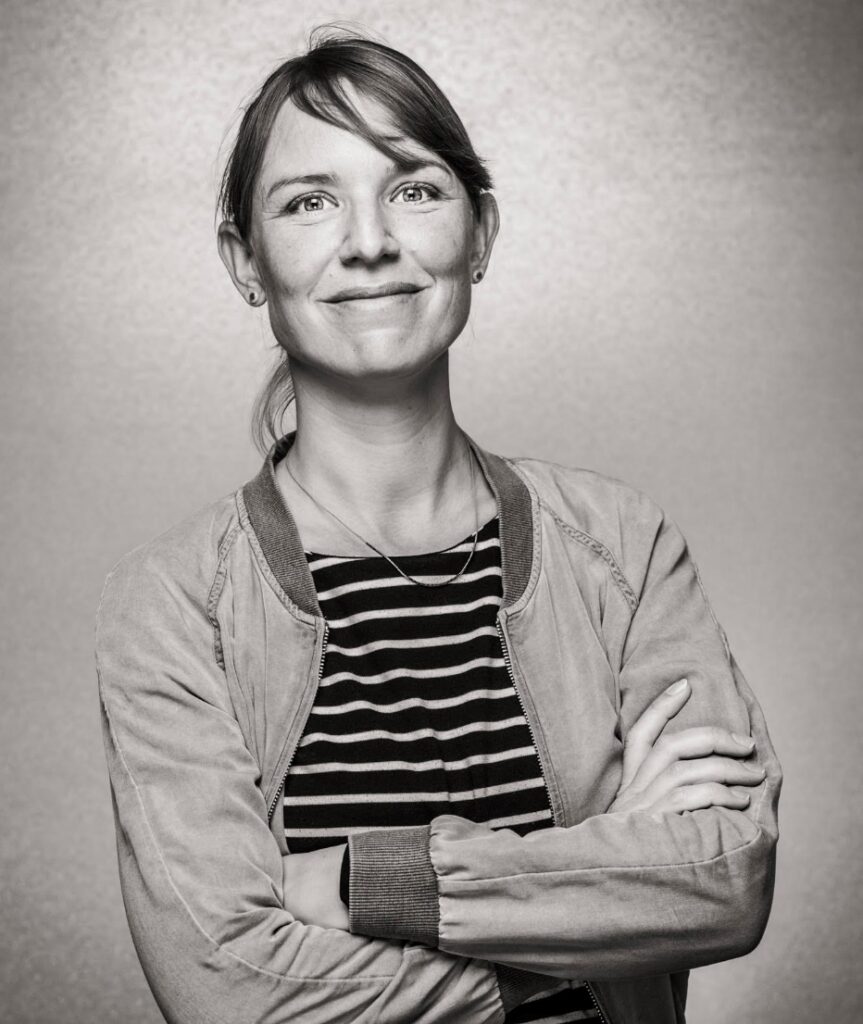
„Jonas Leschke is Head of the Center for Teaching and Learning at Hamburg University of Applied Sciences (HAW Hamburg). He is one of the two initiators of the Learning AID conference.
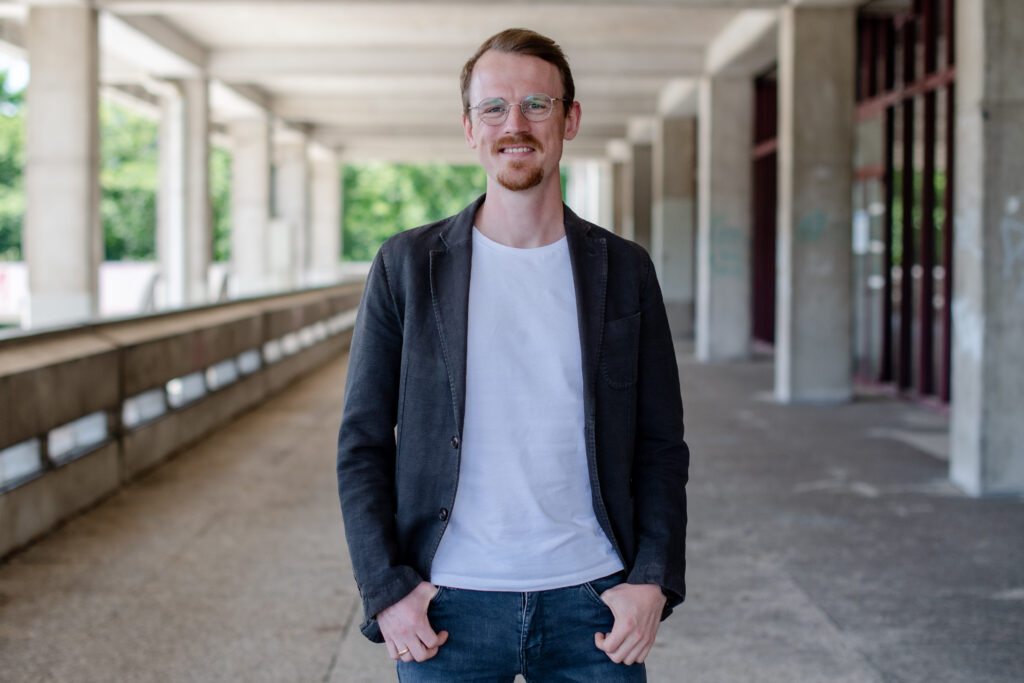
Benjamin Paaßen is Junior Professor for Knowledge Representation and Machine Learning at Bielefeld University with a focus on AI for education.
Website: https://www.uni-bielefeld.de/fakultaeten/technische-fakultaet/arbeitsgruppen/kml/
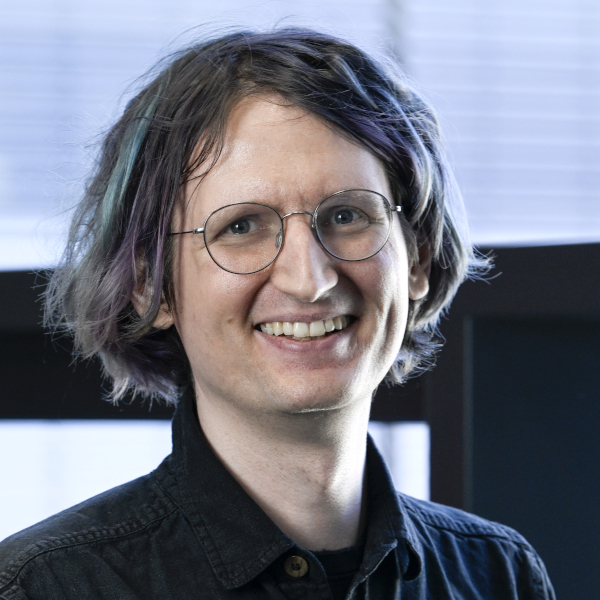
Liliana Sanfilippo is a student at Bielefeld University and works in the student counselling as part of a project developing a chat bot.
https://ekvv.uni-bielefeld.de/pers_publ/publ/PersonDetail.jsp?personId=379666125
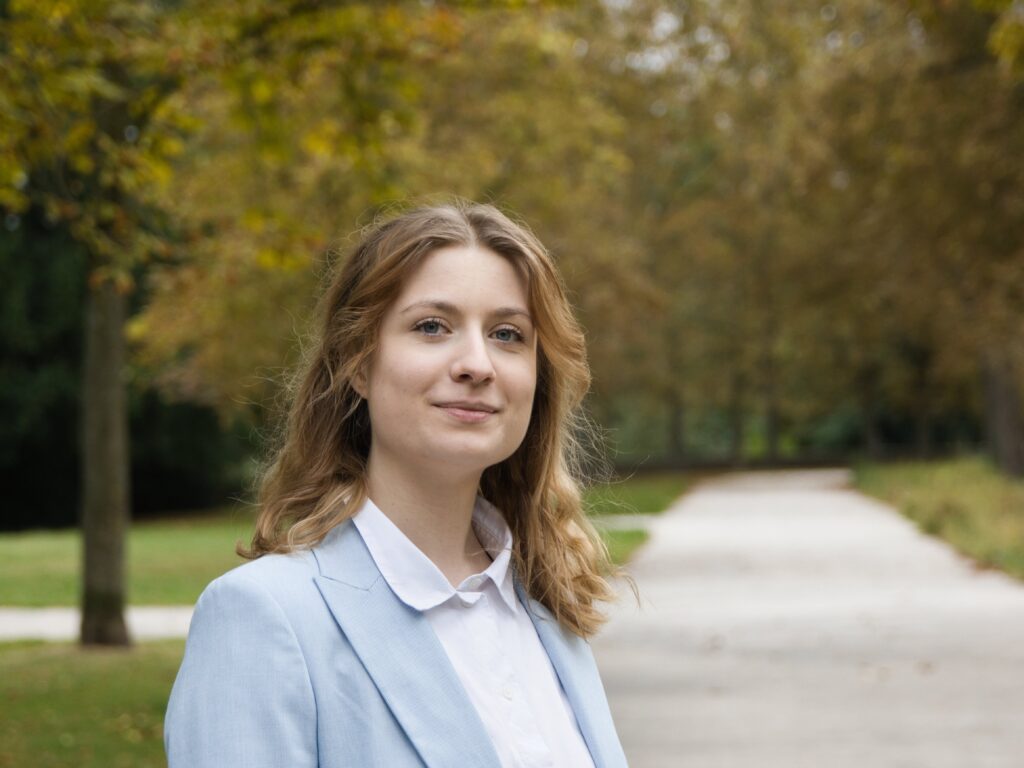
Dr. Christian M. Stracke
developed interdisciplinary expertise in research, education and management while leading international large-scale projects (budgets over 50 million euros and up to 200+ researchers). As globally recognized expert and innovator and appointed ICDE Chair in OER, he published over 200 scientific publications on his main research fields: Open Education, Artificial Intelligence, Technology-Enhanced Learning, Competence Building, Impact Assessment and Educational Policies (
https://orcid.org/0000-0001-9656-8298
).
Website: https://opening-up.education/
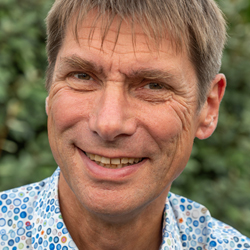
Dr. Anne-Sophie Waag is working as education policy advisor at Wikimedia Deutschland e.V.. She campaigns for open and equitable access to knowledge in the context of educational technologies as AI.
https://www.wikimedia.de/themen/freie-bildung
https://meta.wikimedia.org/wiki/User:Anne-Sophie_Waag_(WMDE)
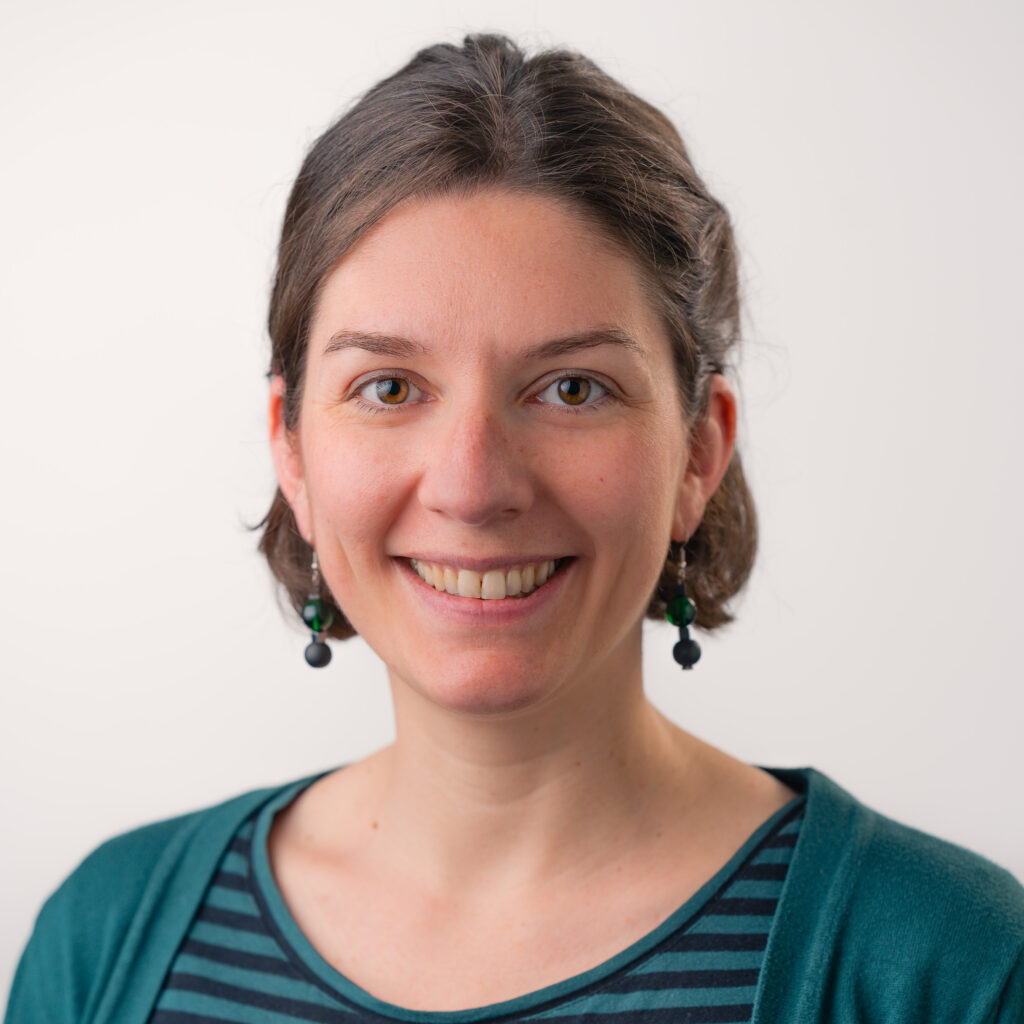
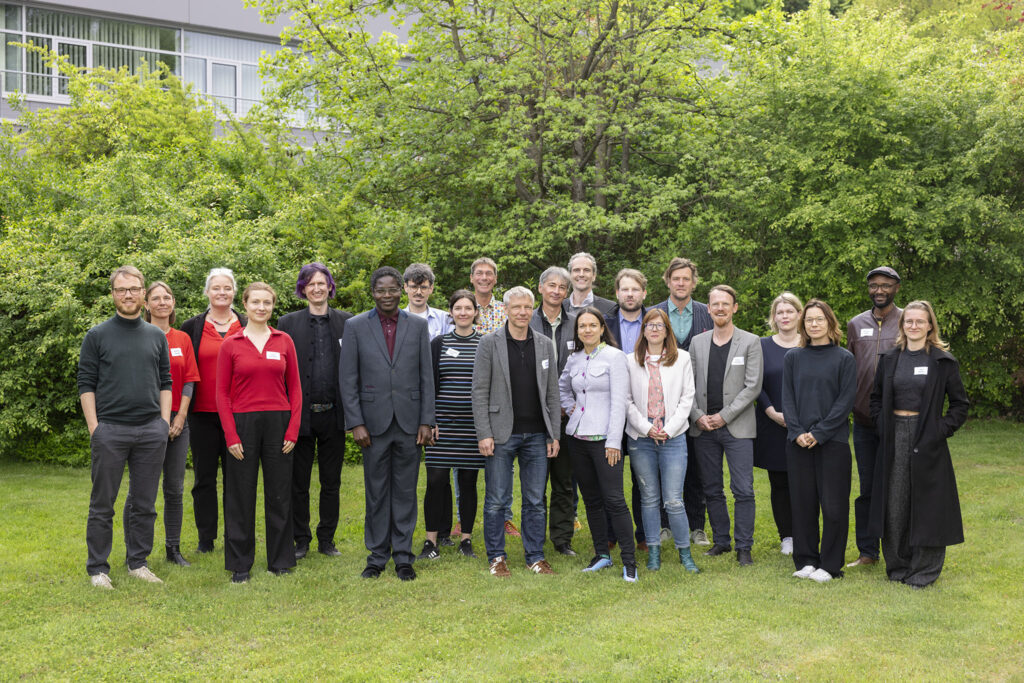
The participants of the Workshop „Rearticulating Autonomy“ from May 05-May 07, 2025 were:
- Amrei Bahr
- Berit Glanz
- Stefanie Go
- Benjamin Kiesewetter
- Seun Kolade
- Anne Krüger
- Kim Küster
- Patrício Langa
- Jonas Leschke
- Maximilian Mayer
- Florian Muhle
- Stefan Münzer
- Benjamin Paaßen
- Malte Persike
- Jonas Prinsen
- Liliana Sanfilippo
- Marie Luise Schreiter
- Christian Stracke
- Anne-Sophie Waag
- Ramin Yahyapour
- Katharina Zweig